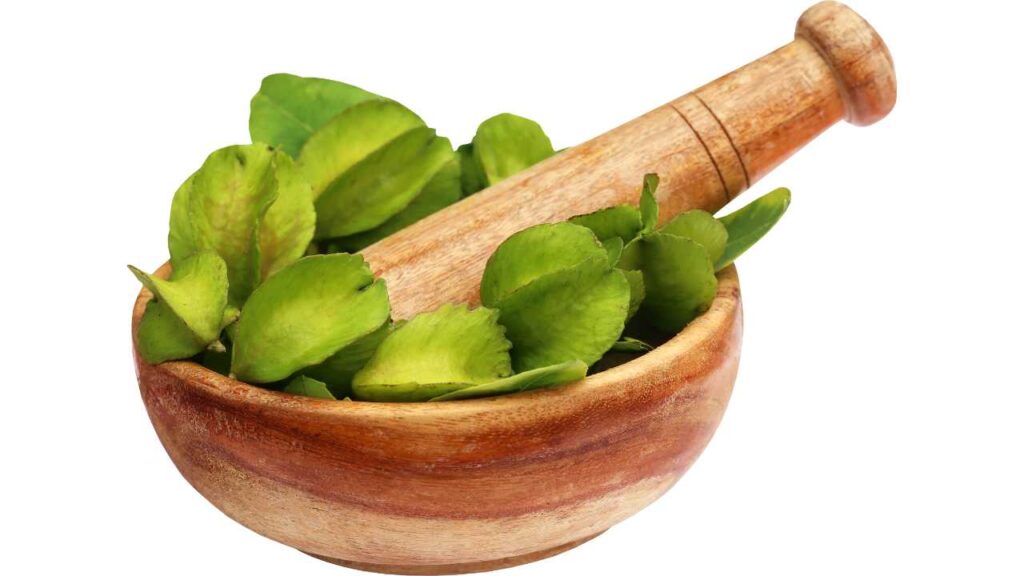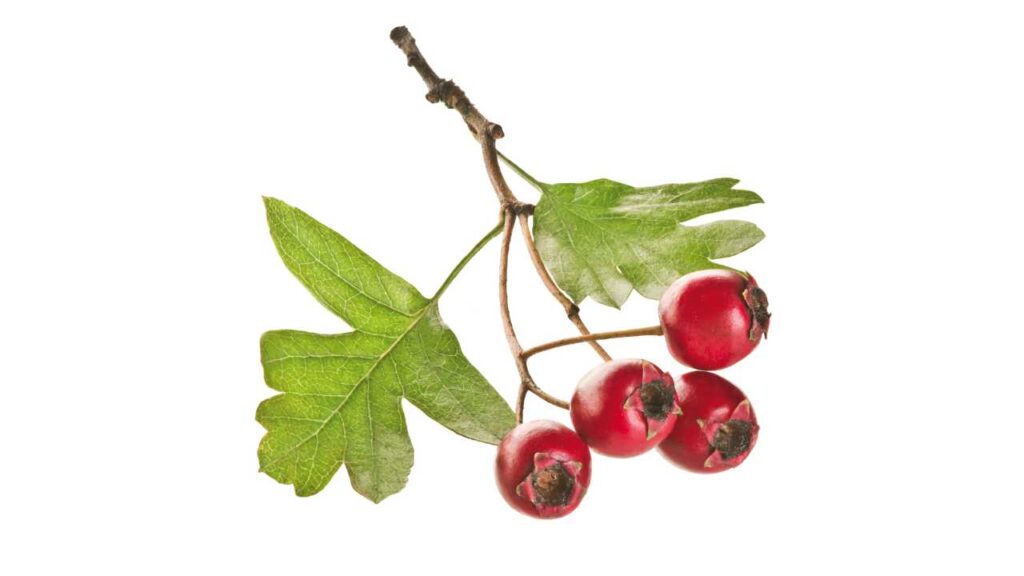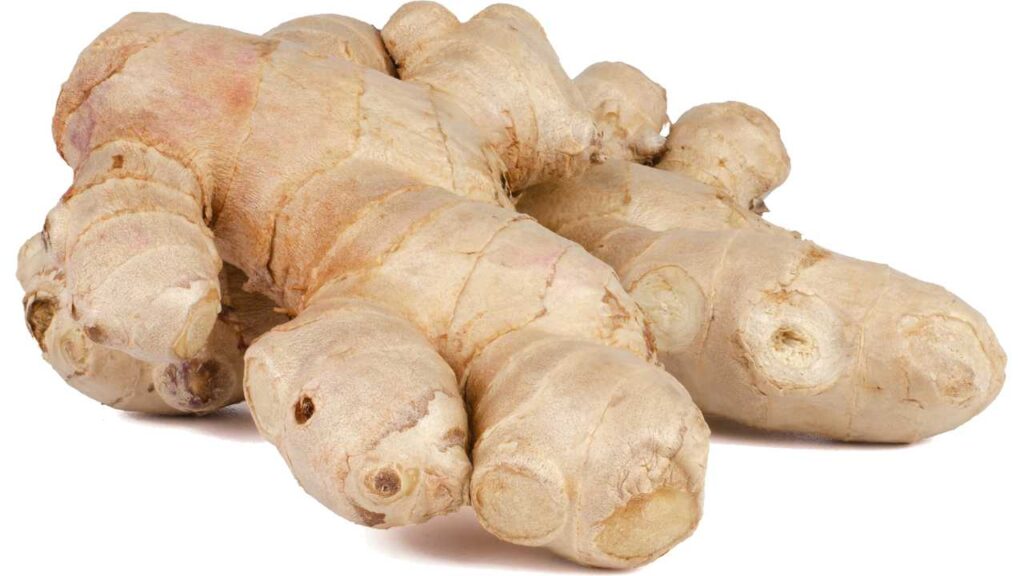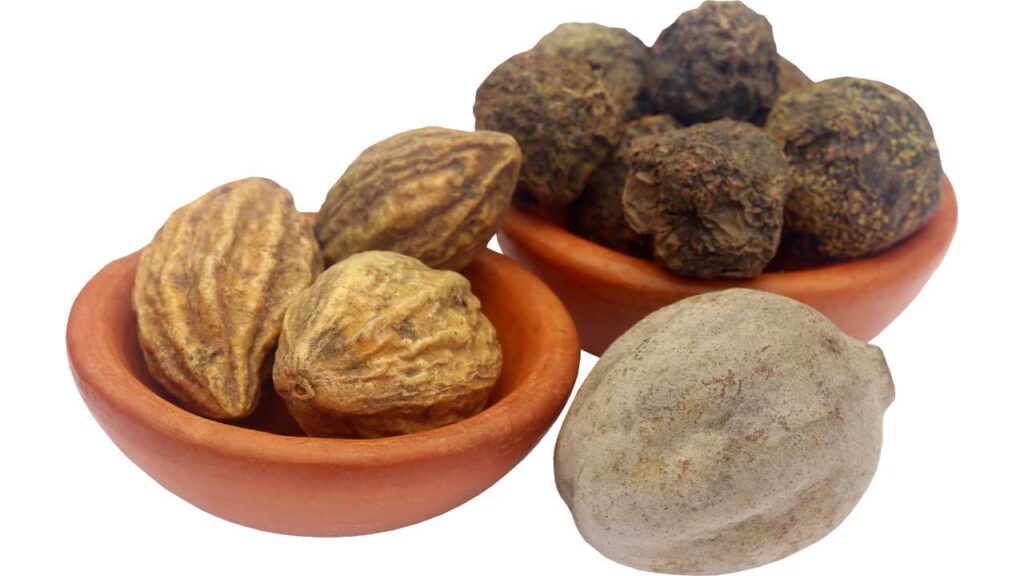Opening closed veins and controlling bad cholesterol are two vital aspects of maintaining a healthy cardiovascular system. Ayurveda, the ancient Indian system of medicine, offers a holistic approach to supporting heart health. In this article, we will explore a range of Ayurvedic herbs known for their potential to open closed veins and regulate bad cholesterol levels. These herbs, when used in conjunction with a balanced lifestyle, may contribute to overall cardiovascular well-being. Let’s delve into the world of Ayurvedic herbs and their potential benefits.
Arjuna (Terminalia arjuna)

Arjuna, also known as Terminalia arjuna, is a popular Ayurvedic herb widely used to support heart health. It is known for its ability to promote cardiovascular function and maintain healthy cholesterol levels. Arjuna contains active compounds such as flavonoids, tannins, and triterpenoids, which contribute to its therapeutic properties.
Studies suggest that Arjuna may help in opening closed veins by improving blood flow and reducing arterial plaque formation. Additionally, it may help regulate bad cholesterol levels, thus supporting overall cardiovascular health.
Garlic (Allium sativum)

Garlic, a pungent herb commonly used in culinary practices, has been revered for its medicinal properties in Ayurveda. It is known for its ability to improve circulation and promote heart health. Garlic contains sulfur compounds, including allicin, which contribute to its health benefits.
Research suggests that garlic may help in opening closed veins by relaxing blood vessels and reducing blood clot formation. Moreover, it may have a positive impact on bad cholesterol levels, promoting a healthier lipid profile.
Guggul (Commiphora mukul)

Guggul, derived from the resin of the Commiphora mukul tree, is a well-known Ayurvedic herb used for various health purposes, including cardiovascular support. Guggul contains active compounds called guggulsterone, which are believed to contribute to its medicinal properties.
Studies suggest that guggul may help in opening closed veins by improving blood flow and reducing inflammation in the blood vessels. It is also known for its potential to regulate bad cholesterol levels by inhibiting cholesterol synthesis in the liver.
Turmeric (Curcuma longa)

Turmeric, a vibrant yellow spice widely used in Ayurvedic preparations, contains a potent active compound called curcumin. Curcumin is known for its antioxidant and anti-inflammatory properties, which can support heart health.
Research suggests that turmeric may help in opening closed veins by reducing arterial plaque buildup and improving blood flow. Furthermore, it may contribute to controlling bad cholesterol levels by increasing the production of HDL (good cholesterol) and reducing LDL (bad cholesterol) oxidation.
Hawthorn (Crataegus)

Hawthorn is a herbal remedy derived from the berries, leaves, and flowers of the Crataegus plant. It has been traditionally used in Ayurveda and other traditional systems of medicine to support cardiovascular health.
Hawthorn is believed to enhance blood flow, strengthen the heart muscle, and regulate blood pressure. Additionally, it may have cholesterol-lowering effects, thus contributing to a healthier lipid profile.
Indian Gooseberry (Emblica officinalis)

Indian Gooseberry, also known as Amla or Emblica officinalis, is a powerhouse of antioxidants and a well-regarded herb in Ayurveda. It is known for its rejuvenating properties and its potential to support heart health.
Indian Gooseberry may help in opening closed veins by strengthening the blood vessels and improving blood circulation. Furthermore, it has been associated with the regulation of bad cholesterol levels, promoting a balanced lipid profile.
Holy Basil (Ocimum sanctum)

Holy Basil, also known as Tulsi, is a sacred herb in Ayurvedic medicine and is highly revered for its medicinal properties. It is known for its adaptogenic and cardioprotective effects. Holy Basil may support heart health by reducing oxidative stress, inflammation, and blood clot formation.
It may also help regulate bad cholesterol levels by promoting the metabolism of lipids and reducing their accumulation in the blood vessels.
Cinnamon (Cinnamomum verum)

Cinnamon is a popular spice known for its aromatic flavor and numerous health benefits. In Ayurveda, cinnamon is valued for its ability to support cardiovascular health. It may help in opening closed veins by improving blood circulation and reducing inflammation.
Additionally, cinnamon has shown potential in regulating bad cholesterol levels by enhancing insulin sensitivity and reducing triglyceride levels.
Ginger (Zingiber officinale)

Ginger is a versatile herb widely used in Ayurvedic and traditional medicine. It is renowned for its anti-inflammatory and antioxidant properties, which contribute to its cardiovascular benefits. Ginger may help in opening closed veins by improving blood flow and reducing platelet aggregation.
Moreover, it may aid in controlling bad cholesterol levels by reducing LDL oxidation and promoting HDL cholesterol production.
Triphala

Triphala is a combination of three fruits: Amalaki (Emblica officinalis), Bibhitaki (Terminalia bellirica), and Haritaki (Terminalia chebula). This Ayurvedic formulation is commonly used to support overall health, including heart health.
Triphala may help in opening closed veins by improving blood circulation and strengthening the blood vessels. It also has the potential to regulate bad cholesterol levels by enhancing lipid metabolism and reducing plaque formation.
Conclusion
Incorporating Ayurvedic herbs into your lifestyle may provide natural support for opening closed veins and controlling bad cholesterol levels, thus promoting a healthier cardiovascular system. While these herbs have shown potential in various studies, it’s important to remember that individual responses may vary, and it’s best to consult with a qualified healthcare practitioner before starting any new herbal regimen.
Arjuna, garlic, guggul, turmeric, hawthorn, Indian gooseberry, holy basil, cinnamon, ginger, and Triphala are just a few examples of Ayurvedic herbs that have been traditionally used for cardiovascular health. These herbs offer a holistic approach, addressing not only the symptoms but also the underlying causes of cardiovascular concerns.
In addition to incorporating Ayurvedic herbs, it’s crucial to maintain a healthy lifestyle, including regular exercise, a balanced diet, stress management, and avoiding smoking and excessive alcohol consumption. These lifestyle factors, combined with Ayurvedic herbs, can have a synergistic effect on promoting heart health and overall well-being.
Remember, Ayurvedic herbs should be used as part of a comprehensive approach to heart health and should not replace any prescribed medications or medical advice. By embracing the wisdom of Ayurveda and working closely with healthcare professionals, you can take proactive steps towards achieving a healthy cardiovascular system.


